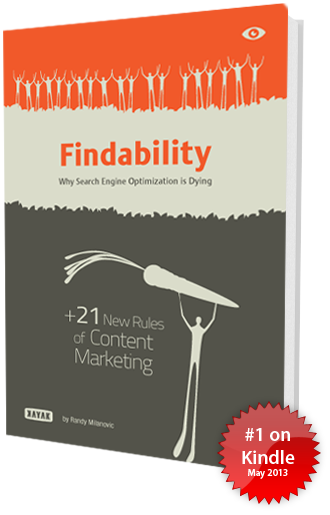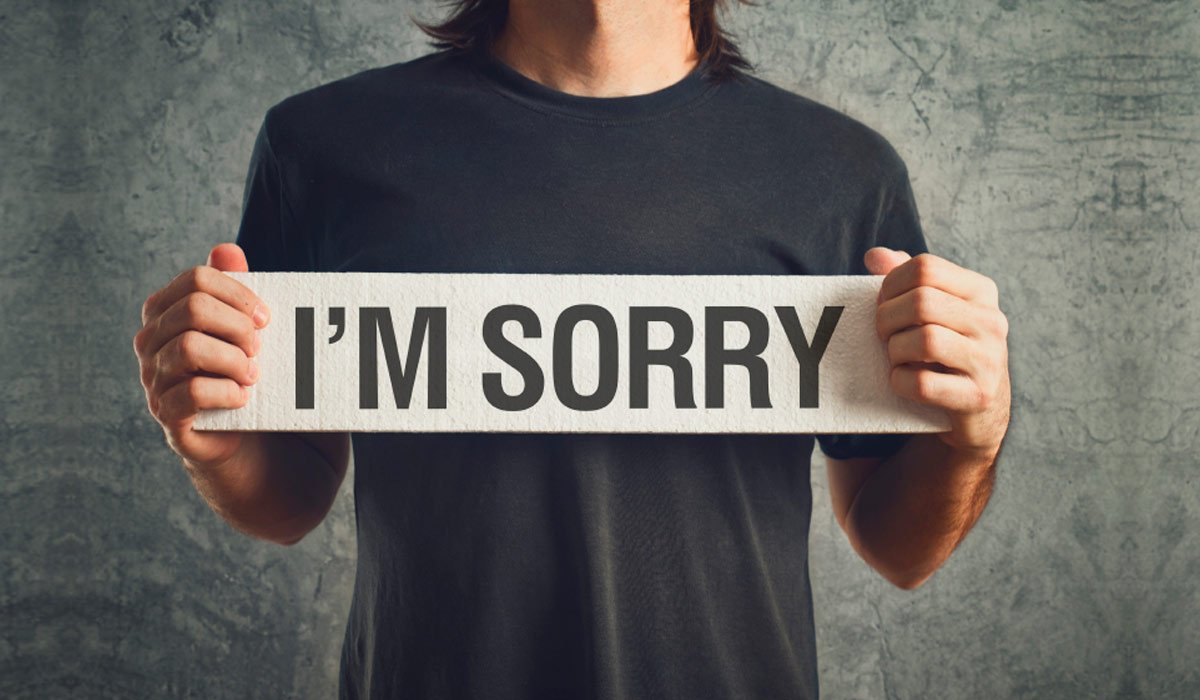Should You Really Disavow Low Quality Links?
For a lot of companies with checkered SEO pasts, the idea of disavowing links seems like the Internet equivalent of a pardon from the governor. That’s probably why so many web masters are rushing to disavow poor-quality links, and why the practice has quickly become standard in our industry.
Theoretically, disavowing would be as if you had never had any association with low-quality websites at all. Sounds like a good solution, doesn’t it? And yet, our advice to you might be to not disavow links at all.
Why are we going against the grain on this one, not to mention so many of our peers? Our advice to stay away from disavowing links really stems from three basic SEO details:
First, unless you have a gazillion low-quality links, they probably aren’t doing much harm.
Link quality varies. The essence of the Penguin and Panda updates had to do with devaluing poor-quality links as well as repetitive content, so that website owners could no longer benefit from them. While they do exist, in reality, they are simply low- or no-scoring. Unless you’ve got an inordinately high number of them, it is reasonable to accept that not all links are going to be of the highest quality.
Second, disavowing links essentially amounts to admitting you’ve been involved in black hat SEO.
Okay, so ethically, I’m torn a bit on this one… whether you participated in bad SEO practices on your own, or with the help of the wrong SEO “consultant,” are you ready to hand Google a written confession? We certainly don’t have any hard evidence to suggest that Google is punishing websites that disavow links, but it isn’t inconceivable to think that the world’s largest search engine would keep track of which companies have tried to game the system in the past.
And finally, there are much better ways to move your way back up the search engine rankings.
This is the biggest and most important point. For one thing, a lot of business owners and SEOs don’t understand that Google disavows links manually – there is no automatic option. That means human beings are involved in the process, so it isn’t going to happen instantly, and mistakes can happen. Additionally, Google is more likely to allow your disavows when you show you are serious about it – as in disavowing EVERY suspect link. Don’t be conservative here. Let Google know you mean business or they just may reject your request.
More importantly, though, we should all remember that Google’s algorithm works on a scoring system. While we aren’t privy to the exact numbers, we can reasonably assume that high-quality links count – big time. Our own trial-and-error work suggests that just a few good links, which are newer and more relevant, can completely outweigh the negative effects of weak spammy links.
Do the link math.
One link worth 70+ points will outscore as many as 70+ low-quality links. Consider creating a profile – and being active with – top-quality sites such as www.about.me and slideshare.net for a couple of instants, super-high-quality link scores. Just those two alone can offset 50-100 bad links.
Now start engaging online and publishing great content the way you should have in the beginning. Creating quality content that invites others to provide high-quality links to your site isn’t just faster, it’s more effective and long-lasting as well.
That might not be in line with conventional wisdom, but our experience has shown that it’s faster, easier, and more reliable. So, rather than disavowing old links that don’t count for much, simply work to replace them with better link-attracting content.
Check out my book, Findability: Why Search Engine Optimization is Dying, for more tips on how content can help you win the online game.
 Findability: Why Search Engine Optimization is Dying
Findability: Why Search Engine Optimization is Dying
Learn More Here







